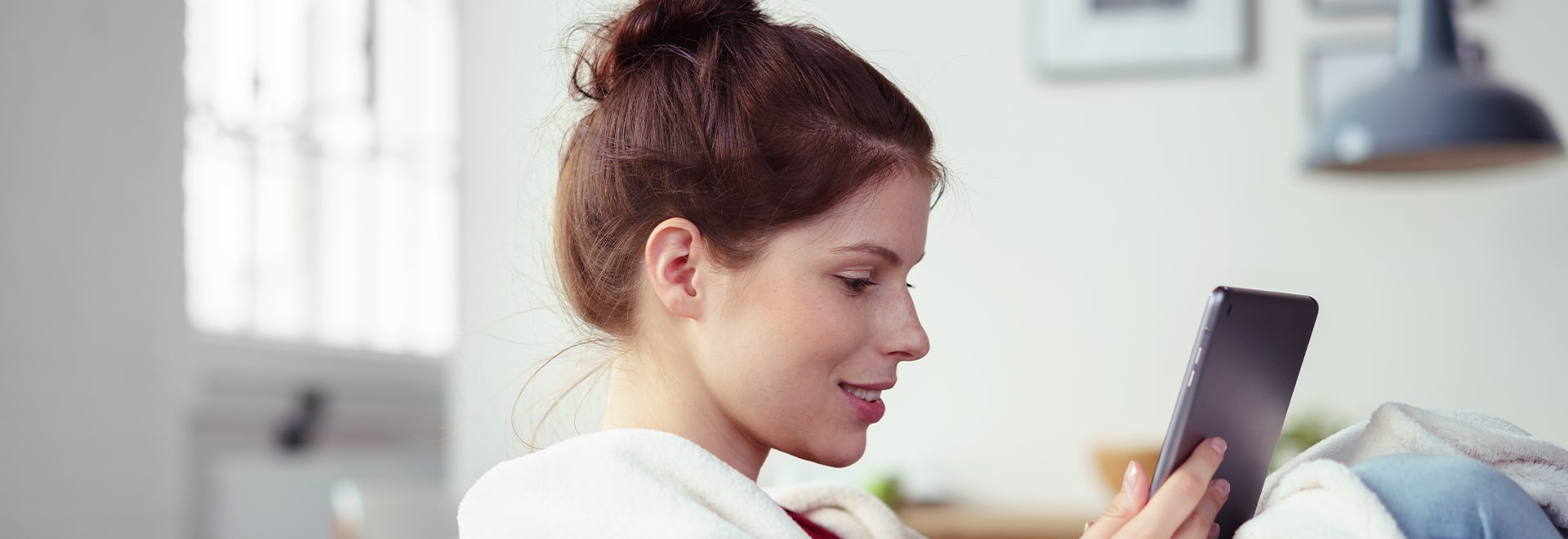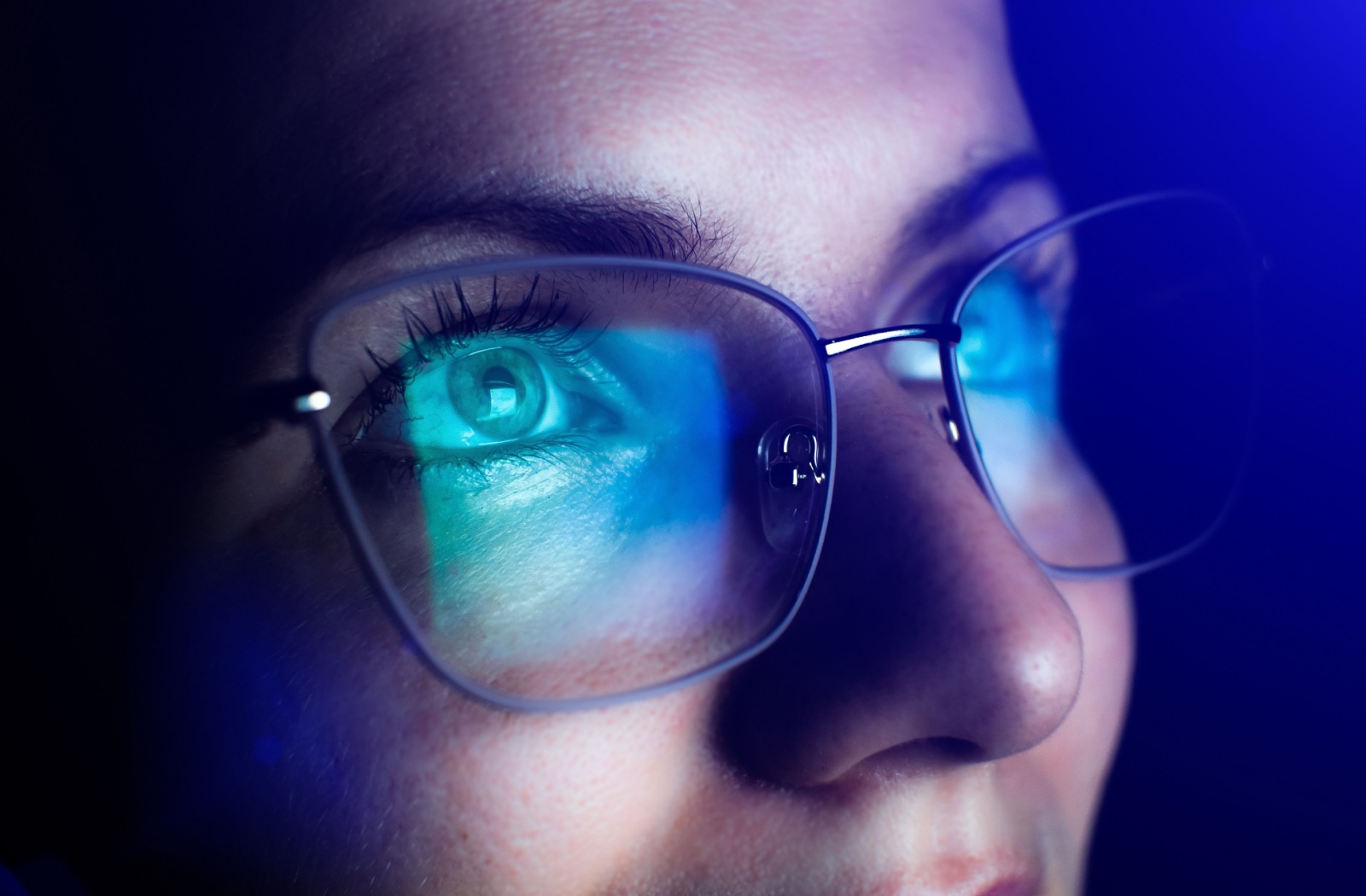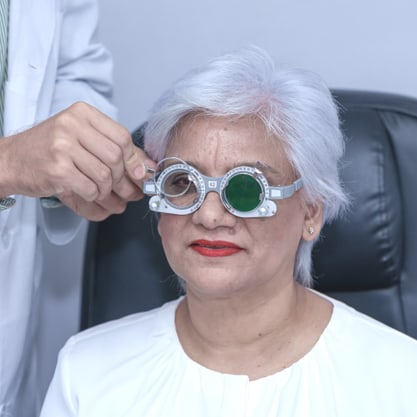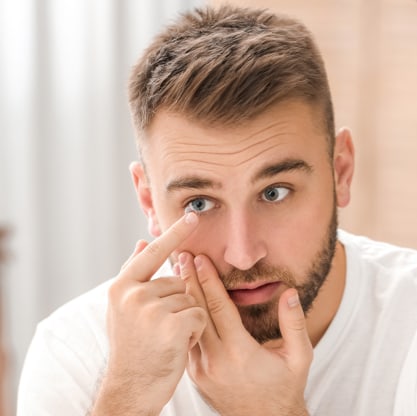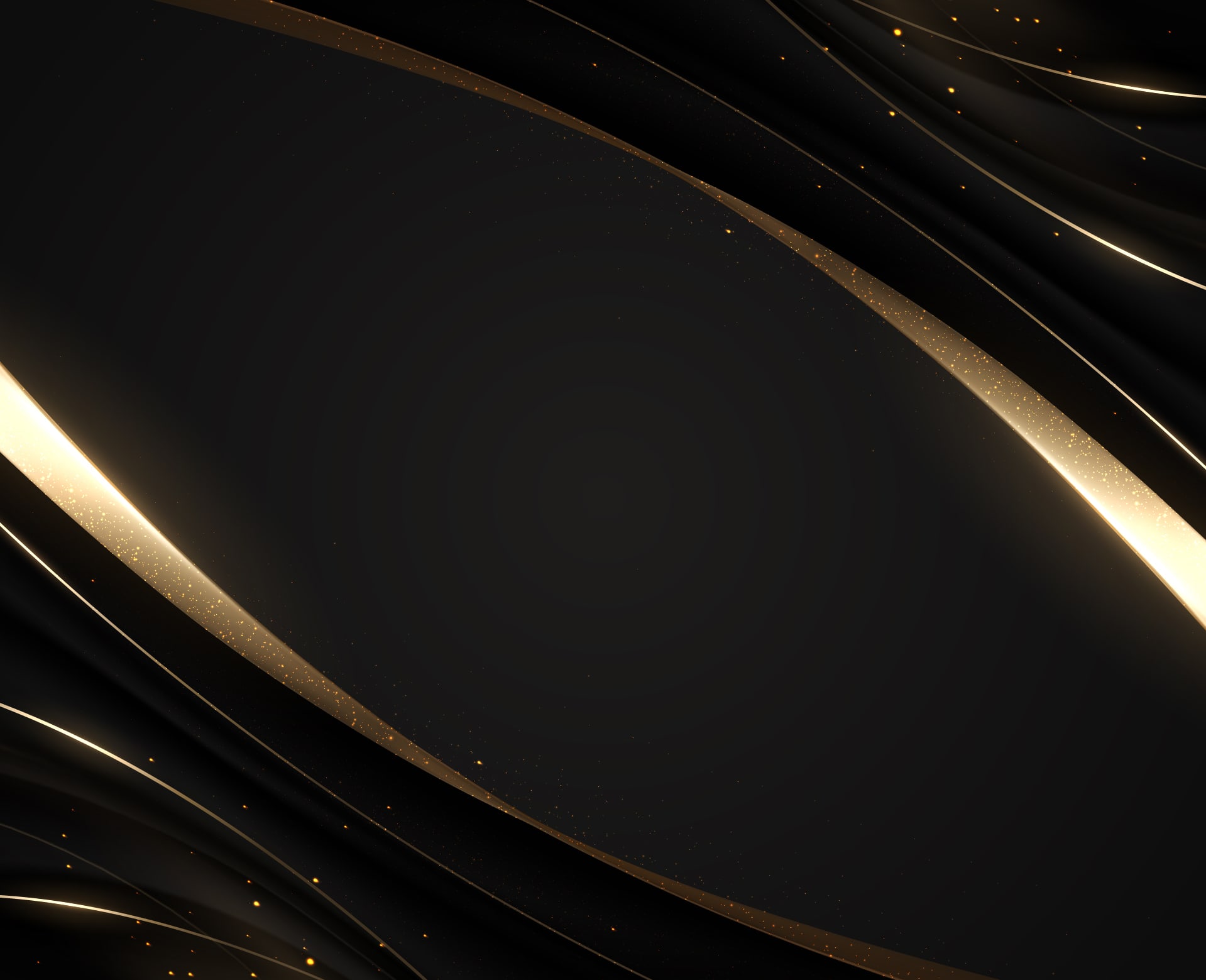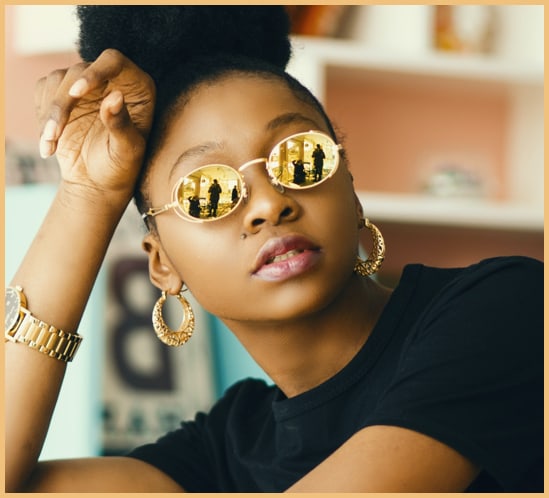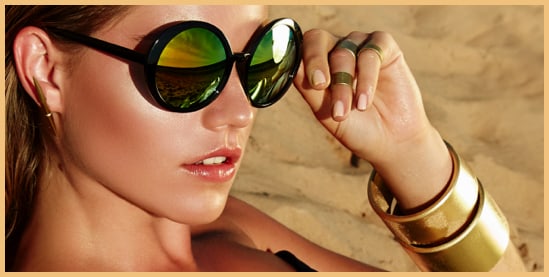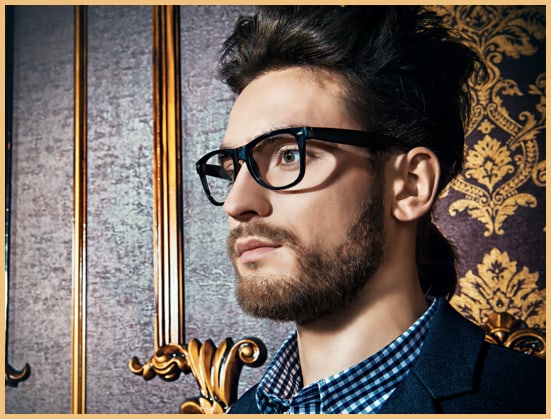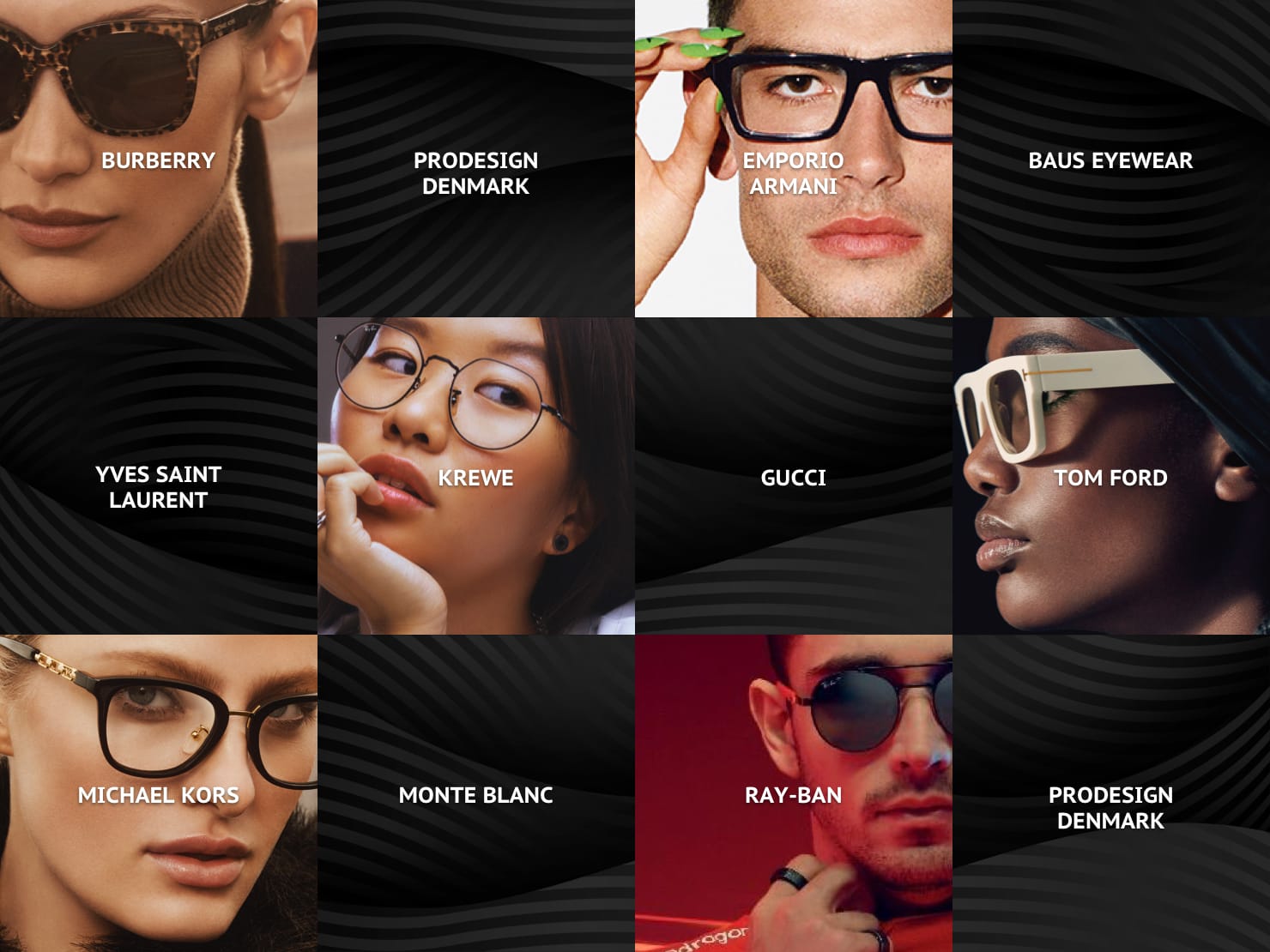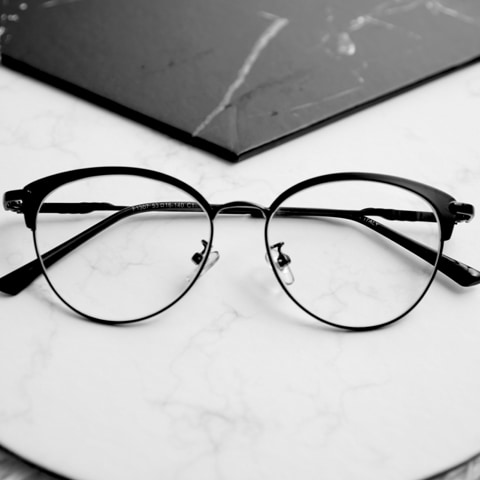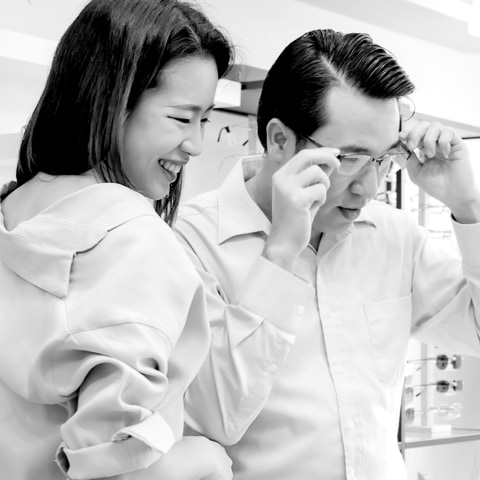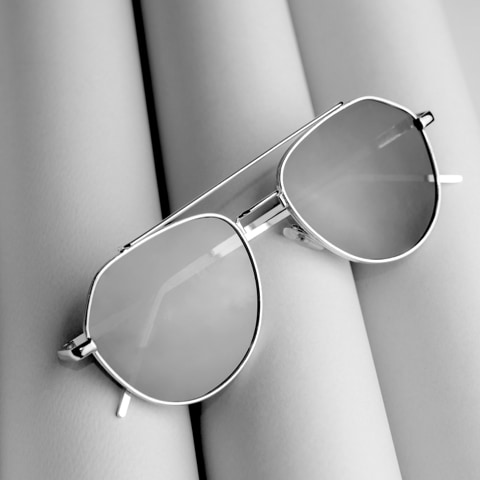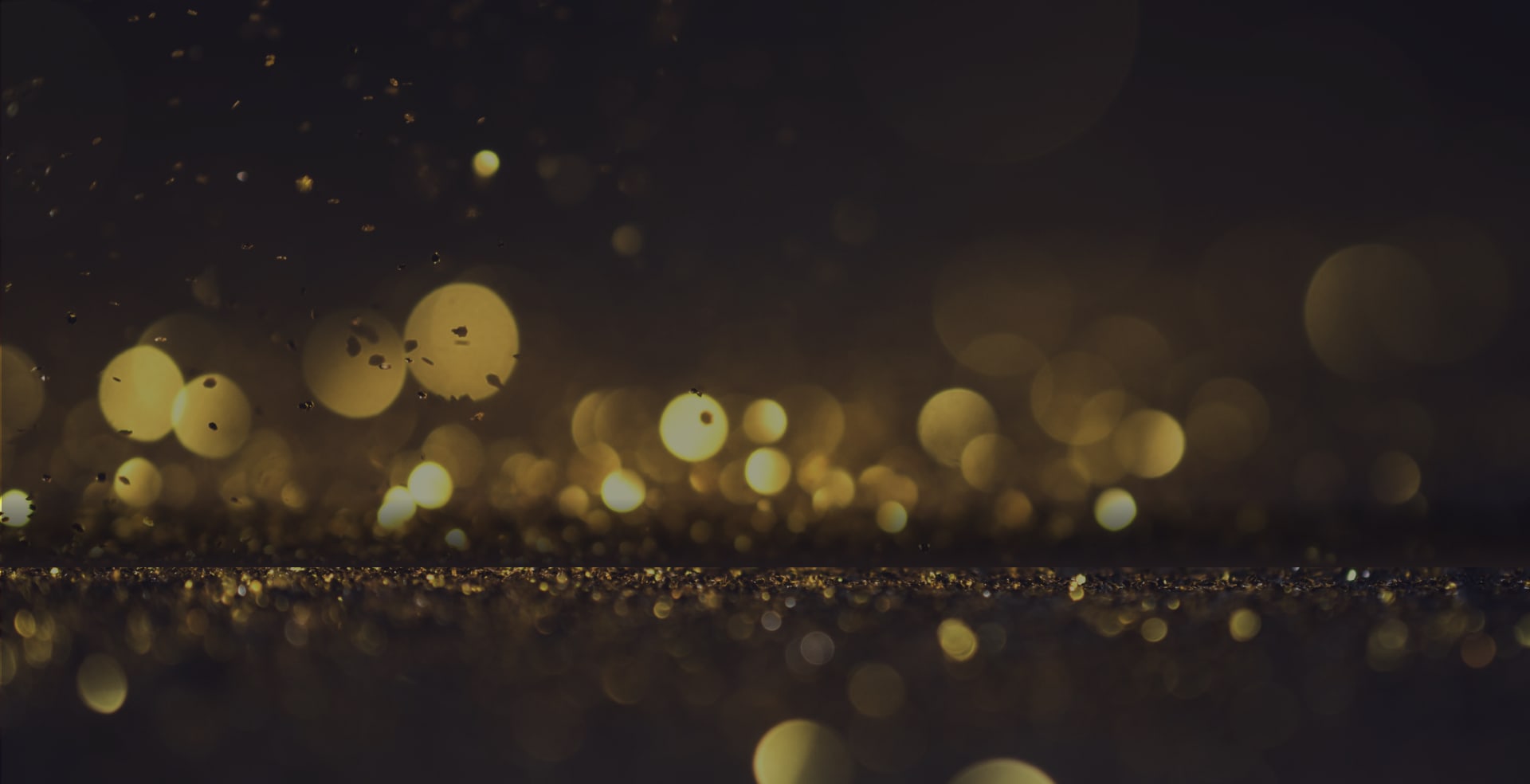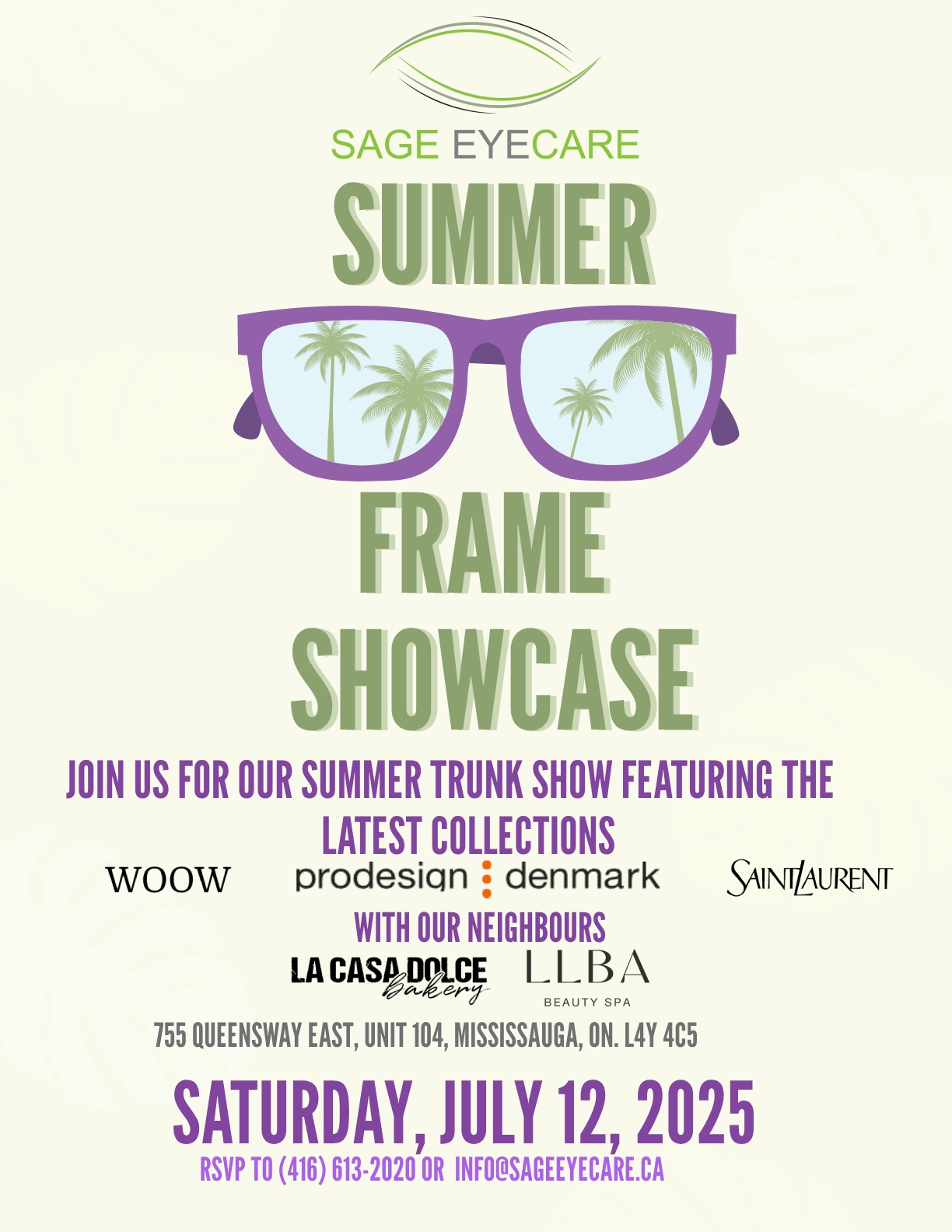The human eye is magnificent, but it’s also quite sensitive. Without proper care and support, your eyes are vulnerable to plenty of different problems ranging from mild discomfort to long-term vision problems. One example is blue light, a wavelength primarily emitted by the sun and digital screens. So, how do you protect yourself from blue light? Do sunglasses block blue light?
While some sunglasses may block blue light, others may not. Sunglasses primarily aim to prevent UV rays from reaching the eyes and help prevent potential eye conditions. It can help to look for a pair of sunglasses labeled with “blue light protection” or consider purchasing a pair of blue light-blocking glasses.
What Is Blue Light?
Blue light is a high-energy visible (HEV) light that sits within the visible light spectrum just before ultraviolet (UV) light. For most of human history, almost all of our exposure to blue light has been from the sun, the largest natural source of this spectrum.
Over the centuries, our bodies have adapted to this source of light. When your eyes meet blue light, you suppress the production of melatonin, the naturally produced chemical that lets you fall and stay asleep. This helps you stay productive and active throughout the day. When the sun sets, and we’re no longer exposed to this light, melatonin production begins again, and we get ready to sleep.
However, we’ve been increasingly exposed to blue light in recent years. It’s produced by:
- LED lights
- Computers
- Mobile devices
- Televisions
- Billboards
- Fluorescent lighting
Because of this, many people wonder: Is blue light harmful, and are there any potential side effects to being exposed to so much of it?
Is Blue Light Harmful?
One of the primary effects of blue light on the human body is how it suppresses melatonin. This means that blue light plays an important role in our circadian rhythm.
When your circadian rhythm is disrupted, your sleep cycle can become thrown off. Over time, this can lead to:
- A decreased ability to focus
- Decreased overall sleep quality
- Insomnia
- Higher risk of developing mood disorders, like depression and anxiety
- Increased risk of obesity and cardiovascular diseases
These effects can quickly begin to have an impact on your life. You may feel more fatigued or seem more irritable. Sleep is an essential part of remaining healthy and should be prioritized.
When your only exposure to blue light is from the sun, these effects are less likely to develop; once the sun goes down, your melatonin production begins again, helping you fall asleep. However, in today’s digital world, we’re more exposed to blue light than ever. This makes it essential to protect yourself, but how do you do this?
Can Sunglasses Protect You From Blue Light?
If blue light is emitted primarily by the sun, the answer should be simple, correct? A simple pair of sunglasses should be able to do the job. While this may seem logical, it isn’t necessarily true, and the answer can be more nuanced.
Sunglasses designed to block UV rays may also protect against some blue light because they usually have a special coating. However, not all sunglasses are created equal. It depends on a few factors, including:
- The colour of the lens
- Whether or not there’s a protective coating
- The tinting of the lens
These can vary between pairs; while two different sets may look exactly the same, they may function differently when exposed to blue light. If you’re looking for sunglasses designed to protect you from blue light, make sure to look for a pair tagged “blue light protection.”
However, there’s another alternative worth considering: blue light glasses.
What Are Blue Light Glasses?
Blue light glasses, also often referred to as computer glasses, are special eyeglasses designed to be worn when exposed to excessive amounts of man-made light. The lenses are designed specifically to filter out or entirely block blue light. This makes extended screen usage much more comfortable on the eyes and can help reduce the side effects of excessive blue light exposure.
This is typically done in one of a few ways:
- A special filter built into the lens itself
- A special coating on the lens
- A special colouring worked into the lens
No matter the approach, the result is the same: the lenses reduce the amount of blue light that can reach the eye, helping prevent symptoms of blue light exposure.
When to Wear Blue Light Glasses
If you spend a significant amount of time using screens or enjoy using them later in the evening after the sun has set, you may benefit from blue light glasses. Because they can prevent most blue light from reaching the eye, these glasses help to:
- Make screen time more comfortable
- Encourage natural melatonin production
- Promote better sleep quality
They’re particularly helpful for people who spend more time working at a computer or in an environment with plenty of LED or fluorescent lighting. These glasses can be a simple yet elegant approach to reducing the symptoms of blue light exposure.
However, there is a catch. Because these glasses block blue light, they may slightly alter how you perceive colours. While this may not be a problem for many, some may find that this impacts their ability to work. Graphic designers, painters, artists, or anybody working in a field where their colour perception is essential may notice that these glasses have a negative impact on their work.
It can help to visit your optometrist to determine if there’s an alternative method to blue light glasses; this way, you can get advice on maintaining your vision and preventing the effects of blue light.
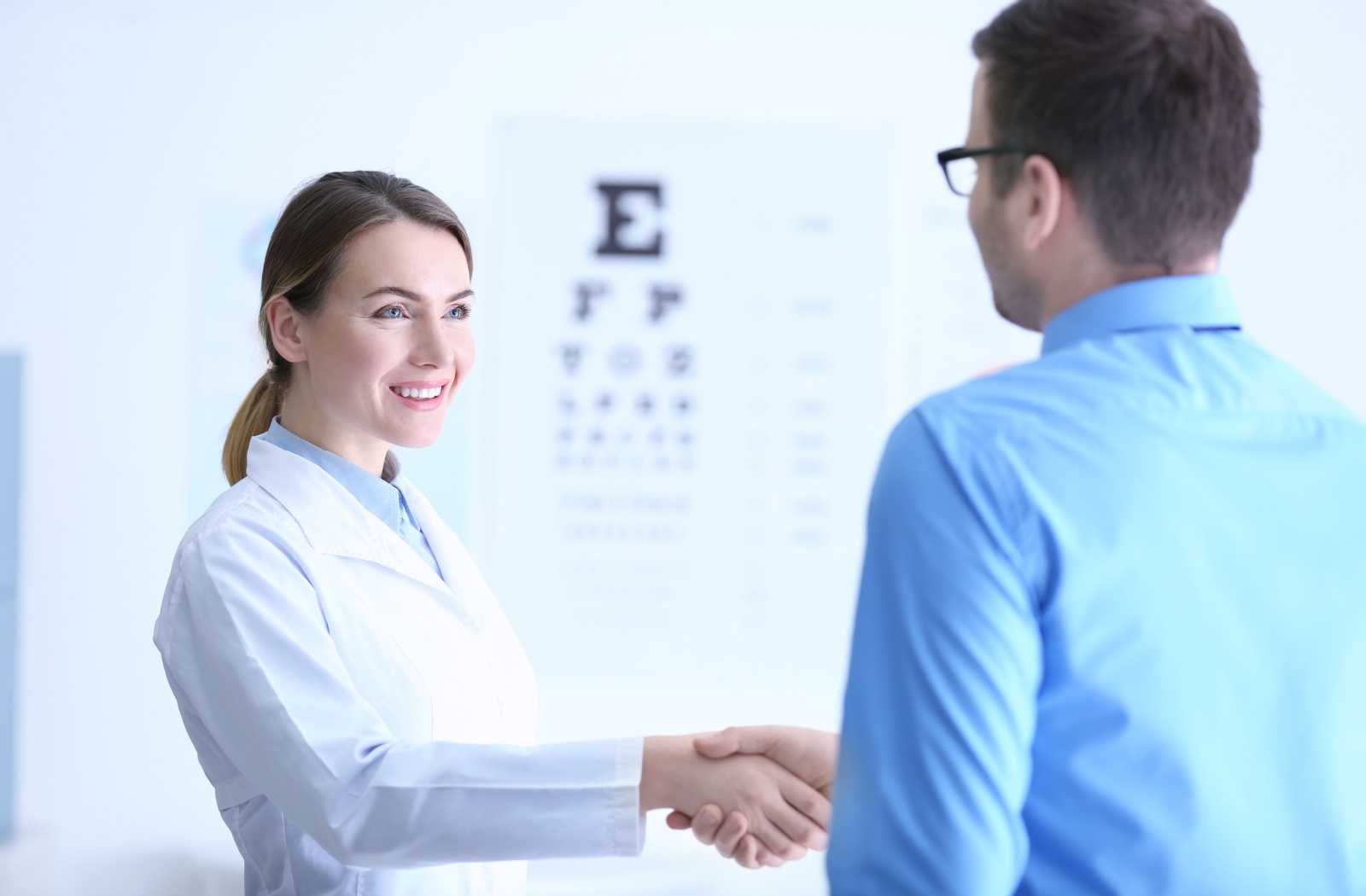
Should You Get Blue Light Glasses?
If you’re considering purchasing a pair of blue light glasses, contact our team at Sage Eyecare. Our team can help you pick the right pair for your unique situation and give you up-to-date advice on preventing blue light from affecting your life. Book an appointment with our team today, and take the first step towards protecting yourself from blue light.

